We have always felt relatively confident in counseling employers to require their employees to keep their pants on at work. The EEOC seems to think our advice is misguided. In a lawsuit filed in a South Carolina federal court in early November 2016, the EEOC claims that the Akebono Brake Corporation is liable for religious discrimination for refusing to allow a temporary agency to assign an employee to its plant because she would not wear pants. Confused? We are too.
The EEOC contends that the employee is an observant member of the Apostolic Faith Church of God and True Holiness, a Pentecostal Christian denomination, who holds the sincere religious belief that as a woman she cannot wear pants and is commanded to wear skirts or dresses. Akebono, however, has a dress code that requires workers in its manufacturing facilities to wear pants. So Akebono said, “no pants, no job.” The EEOC position is that failure to reasonably accommodate an employee’s sincerely held religious beliefs violates her rights under Title VII of the Civil Rights Act of 1964.
While employers in this country remain free to prohibit women from wearing pants at work (yes, that’s true), the EEOC apparently believes that we just cannot require it. That is the agency’s position–even in the face of a legitimate safety-related reason to prohibit dresses and skirts in a manufacturing facility in which the material might get caught in the moving parts of a machine. The EEOC’s stated concern is that Akebono did not engage in an “interactive process” with the employee to determine whether a reasonable accommodation was available. However, because this case just started, it remains to be seen if safety considerations will prevail over this employee’s religious beliefs.
By the way, this is not the EEOC’s first pants suit (sorry) nor the first time women wearing pants at work or elsewhere has been a controversial issue. In 2013, the EEOC sued Scottish Food Systems, Inc., the owner of numerous KFC franchise restaurants, because it too required all employees to wear pants at work as part of its food hygiene protocol. The employer settled that case for $40,000 before trial. Ironically, in 1994, the California legislature narrowly defeated a bill that would have outlawed dress codes forbidding women from wearing pants at work. And in 2009, thirteen women were arrested and flogged in Sudan because they wore pants in violation of that country’s law.
If the EEOC prevails in the Akebono case, that employer could be forced to hire a temporary worker and allow her to wear a skirt or dress to work at its manufacturing facility despite the risk to her own safety. Stay tuned.









